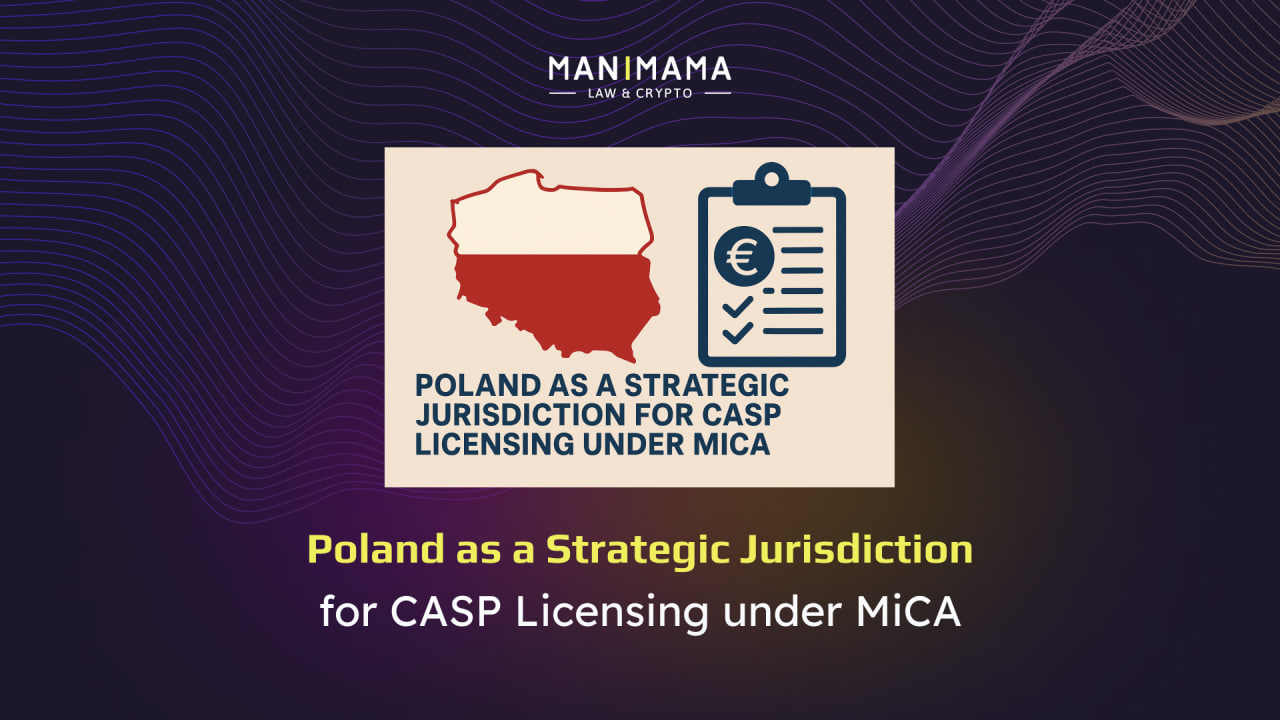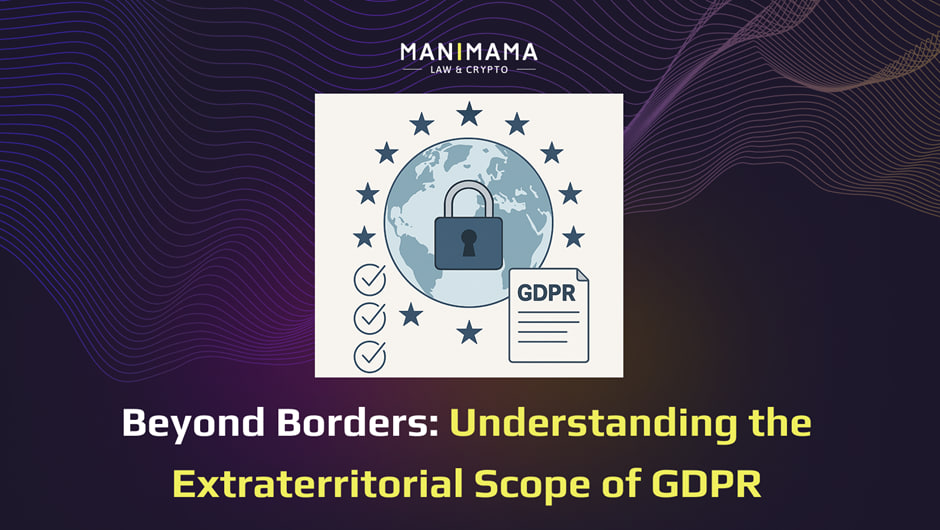In this regard, it is estimated that around 200,000 people in Serbia own cryptocurrencies. This unstoppable digitalisation of the capital market required appropriate regulation, namely the adoption of the Law on Digital Assets (hereinafter: – Law). Serbia is one of the few countries that have adopted such a law. It is the first law in the Republic of Serbia that regulates and legitimises the field of digital business and trade in digital assets. Thus, Serbia is one of the first to regulate cryptocurrency trading.
The main innovation – is the introduction of virtual currency and digital tokens as a valid medium of exchange between individuals and/or legal entities, as well as the legalisation of cryptocurrency mining.
From a legal point of view, the most important thing is that transactions involving digital assets now have guaranteed legal protection, both regulatory and judicial. Also, Serbia has a very favourable tax regime for digital assets. With the new legal framework in this area, Serbia aims to join a select group of countries with highly developed digital property markets, such as Estonia, Malta and Cyprus. Significant tax incentives are foreseen, especially for legal entities trading in digital assets. More on cryptocurrency regulation in Serbia in this article.
Regulation
As mentioned earlier, Serbia has adopted the Law on Digital Assets, which accordingly introduces the concept of a digital asset, i.e. virtual assets and means a digital record of value that can be bought, sold, exchanged or transferred digitally and that can be used as a medium of exchange or for investment purposes.
In turn, virtual assets are divided into two types:
- virtual currencies – are a type of digital property that has not been put into circulation and whose value is not guaranteed by a central bank or other public authority, that is not necessarily tied to legal tender and has the legal status not of money or currency, but of natural or legal persons taking it as a medium of exchange and may buy, sell, exchange, transfer and store it electronically;
- digital token – is a type of digital asset and means any intangible property right that digitally represents one or more other property rights, which may include the right of the user of the digital token to provide certain services.
The legislation also establishes supervisory authorities for cryptocurrencies:
- The Securities Commission of Serbia (hereinafter: – “SEC”), which acts as the financial services regulator in the Republic of Serbia and is entrusted with decision-making in administrative proceedings, adoption of by-laws, oversight of activities and exercising other rights and duties of the supervisory authority in relation to digital tokens as a type of digital property.
- The National Bank of Serbia (hereinafter: – “NBS”), which is responsible for issues related to decision-making in administrative procedures, adoption of by-laws, oversight of activities and other rights and responsibilities of the supervisory authority in relation to virtual currencies as a type of digital property.
In this way, adequate judicial protection in the area of digital property can be provided by the state, as in the case of any other right guaranteed by law, without restriction.
However, the Republic of Serbia does not guarantee the value of digital property and shall not be liable for any possible losses incurred by users and other owners of digital property in connection with transactions with digital property. Accordingly, providers of services related to digital property are obliged to inform the user of digital property about the risks of transactions with digital property, including the risk of partial or total loss of money from transactions with digital properties.
Anti-money laundering requirements
In Serbia, anti-money laundering (hereinafter: – “AML”) is regulated by the Law on Prevention of Money Laundering and Terrorist Financing (hereinafter: – “AMLA”). The AMLA largely transposes the principles and rules of the AML Directive as part of Serbia’s efforts to harmonise its legislation with EU law.
The AMLA recognises digital asset service providers and regulates their obligations. The digital asset service provider must obtain data on all stakeholders in relation to digital asset transactions, such as
- personal name;
- address of residence or office;
- the address of the digital asset used in the transaction, i.e. the corresponding unique code of the digital asset transaction.
In accordance with the risk assessment, the digital asset service provider may additionally verify the accuracy of the collected data. In addition, the digital asset service provider must follow procedures to verify the collected data.
In addition, the Serbian Criminal Code (hereinafter: – “Criminal Code”) regules the crime of money laundering. Namely, Article 245(1) of the Criminal Code states that the conversion, transfer, receipt, storage and use of assets (including virtual ones) derived from criminal activities is punishable by six months to five years imprisonment and a fine.
Licensing of activities
Digital Asset Service Provider, a legal entity providing one or more digital asset services, must be registered in the form prescribed by the Serbian Companies Act (i.e. limited partnership, limited liability company, joint stock company) and have the relevant licences issued by NBS or SEC. The digital asset service provider must be registered in any of the mentioned legal forms and “genuinely” operate in Serbia.
Under the Act, a digital asset service provider must have a minimum registered capital of between 20,000 and 125,000 euro, depending on the type of service it will provide:
- 20,000 euro for the following activities:
- receiving, transmitting and fulfilling orders, relating to the purchase and sale of digital assets on behalf of third parties;
- services for buying and selling digital assets for cash and/or funds in an account and/or electronic money;
- services for exchanging digital assets for other digital assets;
- storage and management of digital assets at the expense of users of digital assets and related services;
- services related to the issuance, offer and sale of digital property, with or without an obligation to buy it back;
- services for receiving/transferring digital assets and
- digital asset portfolio management;
- 125,000 euro to set up a digital asset trading platform.
The following documents must be submitted as part of the application process
- a list of the services the company intends to provide;
- company’s articles of association;
- a programme of activities detailing how the services will be provided;
- the measures the company will take against money laundering;
- organisational structure;
- information on the persons with title to the property;
- proof that the applicant has the necessary share capital;
- proof that the applicant has paid all applicable fees. The above list of necessary registration documents is not exhaustive.
A legal or natural person who intends to provide only consultancy services relating to digital assets is not required to be licensed. In addition, a digital asset service provider may also provide advisory services.
Electronic Money Institution (EMI) licence. This is a licence that is issued to a legal entity (electronic money institution) to obtain the right to issue electronic money. An important requirement for such a person is that the head office and registered office must be located in Serbia, and the initial capital of the company must be at least 350,000 euro equivalent at the official average exchange rate.
EMI is licensed by NBS under the Law on Payment Services.
In order to obtain an EMI licence, under section 127 of the Payment Services Act, a person must submit the relevant application to NBS, supported by the following
- the decision on registration in the register of business entities;
- the constituent documents and/or articles of association;
- a list of payment services and other activities that the electronic money institution intends to provide and/or carry out;
- an assessment of the risks to which it is exposed as an electronic money institution;
- the programme of activities of an electronic money institution, which regulates in detail the conditions and procedures for issuing electronic money and providing payment services;
- a business plan for the electronic money institution, including a forecast of income and expenditure for the first three years of its operation, demonstrating the institution’s ability to meet the relevant organisational, staffing, technical and other requirements for safe and secure operations;
- proof that the applicant has initial capital;
- forecasting the size of the capital requirement for the first year of operation;
- a description of the measures that are expected to be taken to safeguard the funds of electronic money holders and users of payment services;
- a description of the management and internal control systems;
- a description of the internal controls in place to comply with the requirements stemming from the regulations governing the prevention of money laundering and terrorist financing;
- a description of the organisational structure, including details of the planned issuance of electronic money through branches and/or the provision of payment services through branches and/or agents, as well as details of the outsourcing of some of the operational activities associated with the issuance of electronic money and/or the provision of payment services;
- a description of the established internal control and internal audit procedures and mechanisms to protect the interests of electronic money holders;
- a description of participation in payment systems, if the electronic money institution intends to participate in these systems;
- the identity of the persons who are members of the applicant’s governing bodies and future managers of the electronic money institution, together with evidence and information that these persons have a good business reputation and relevant professional qualifications and experience;
- the identity of the persons having a qualifying interest in the applicant, the size of their interest and evidence as to the ability of those persons to ensure the safe and sound management of the electronic money institution;
- details of the external auditor to audit the applicant’s financial statements for the year in which the application is made, if such an audit is compulsory for the applicant, in accordance with the law;
- details of persons with a close relationship to the applicant and a description of how they are related;
- the address of the applicant’s head office.
NBS shall make a decision on the application no later than three months from the date of receipt of a duly completed application. If the application is not duly completed, NBS will inform the company within one month of receipt of the application how to duly complete the application, in which case the deadline starts to run from the date of submission of the duly completed application. The decision to issue an electronic money licence shall be published in the Official Gazette of the Republic of Serbia and on the website of the National Bank of Serbia.
According to the register of electronic money institutions, there are currently only 4 electronic money institutions in Serbia that have obtained an EMI license. These are: iPay See, Preduzeće za telekomunikacije Telekom Srbija akcionarsko društvo, LED Pay, AKCIONARSKO DRUŠTVO ZA RAD SA PLATNIM KARTICAMA CHIP CARD.
Taxation
In addition, the taxation of transactions of virtual currencies is worth discussing. The Serbian Parliament has adopted a number of amendments to the tax laws, thereby defining the tax status of digital assets. The most important amendments to the Tax Laws are as follows:
- Value Added Tax Act – Cryptocurrency transactions made under the Act (transfer of cryptocurrencies and their conversion into money) added to the list of financial transactions and exempt from VAT.
- Business Income Tax Act – the sale or other transfer of digital assets for remuneration by corporate entities is subject to capital gains tax at a rate of 15%.
- Personal Income Tax Act – income derived from cryptocurrency trading is considered capital gains and therefore taxed at a rate of 15%.
- The Assets Tax Act – digital assets are subject to inheritance and gift tax at a rate of 2.5%, with the tax base being the market value of such digital assets at the time of inheritance or gift transfer.
Capital market development
Регулирование криптовалют дает «зеленый свет» цифровым инвестициям в будущие деловые предприятия в Сербии, где рынок капитала традиционно был сконцентрирован в банках. Динамичное и перспективное регулирование цифровых активов создало прочную основу для развития рынок капитала с помощью цифровых технологий и создали систему предотвращения преступной деятельности, такой как отмывание денег и финансирование терроризма.
The content of this article is intended to provide a general guide to the subject matter, not to be considered as a legal consultation.
Photo credits











